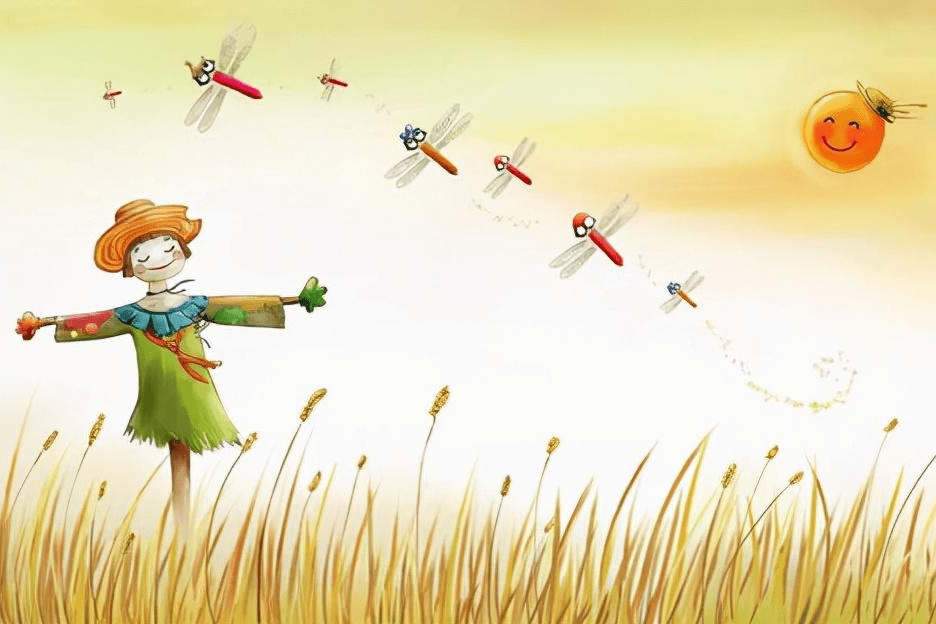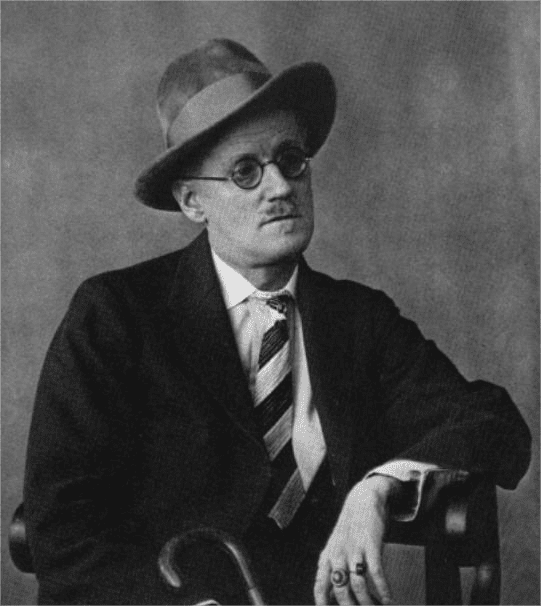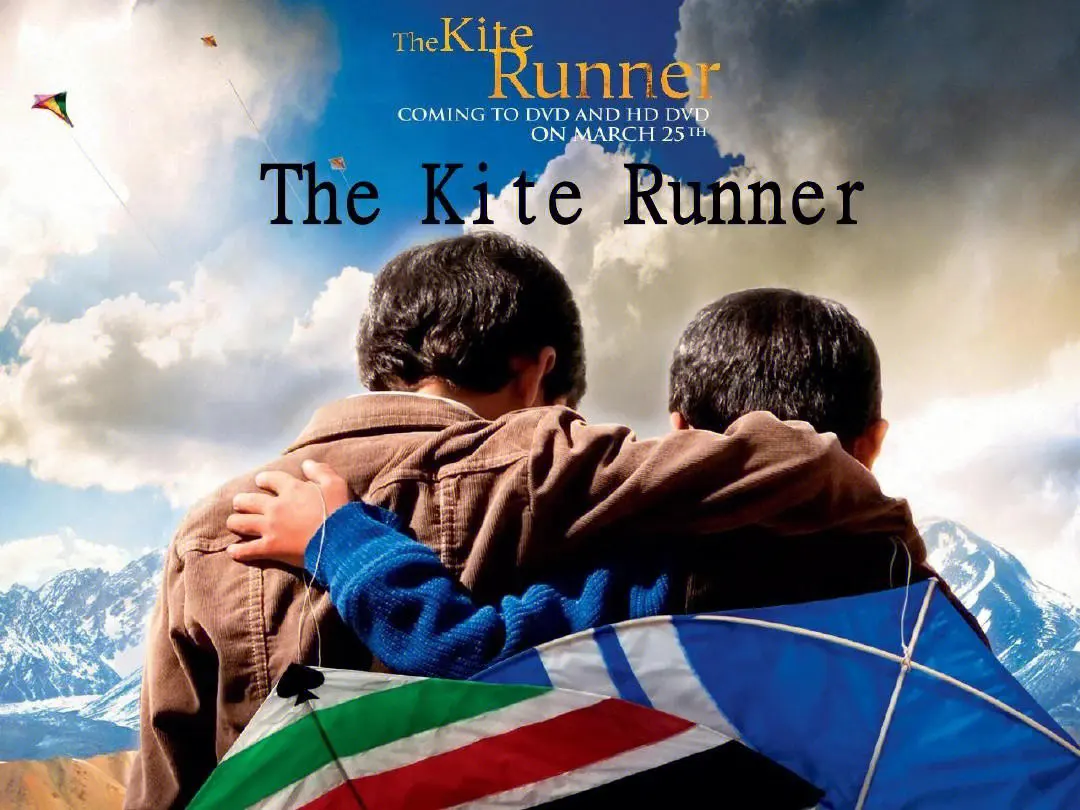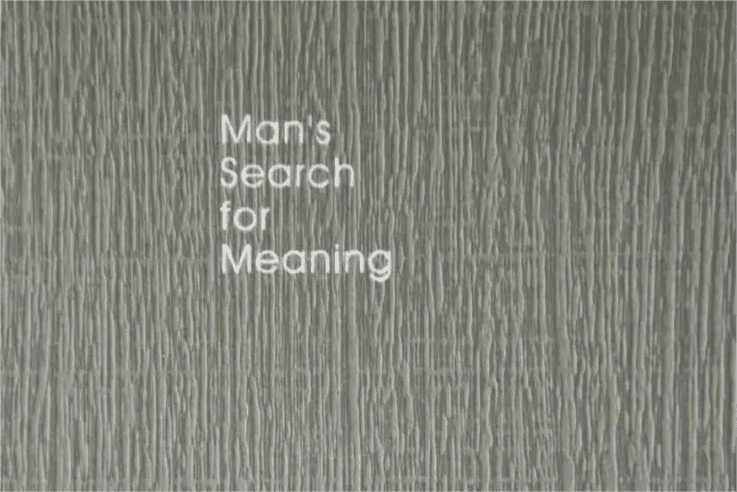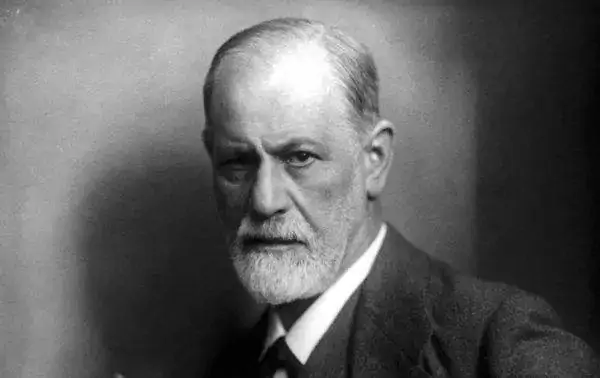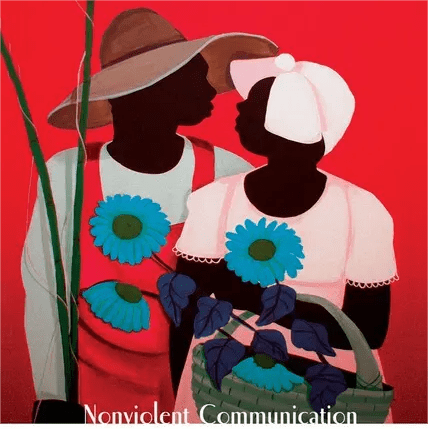Adolescence has long been a concern for parents. Once a child reaches puberty, it is easy to become unreasonable and unmanageable. Their behavior is both disturbing and worrying.
It seems hard for us to know them, to know what is there in their little souls; At the same time, communication with them seems to have a big barrier, they can not listen to your advice, do not understand your difficulties, and you can not understand their little inner world.
The book I want to share with you today, Catcher in the Rye by the American writer J.D. Salinger, provides us with this convenience. The author spends the whole length showing us the inner world of Holden Caulfield, the protagonist of the story, so that we can clearly understand the joy, hatred, fear and hesitation of “me”, as well as the thing that I want to escape from most, the thought that is closest to the wish.
Of course, Holden in the story is an extreme teenager, but when we change the perspective, we will find that maybe the problem is really not these children, on the contrary, it is the society and people in this society numb to survive. Here we go into the inner world of Holden.
The whole story of The Catcher in the Rye is the 16-year-old protagonist Holden opened to us in the way of private confession, and the things and feelings he described were only limited to three days, that is, he was expelled from a famous school called “Pansy”, in the three days before leaving the school. The story begins on Saturday night, three days before he returns home for Christmas on Tuesday, the day he is supposed to leave Pansy.
“You don’t like anything that’s happening,” as his sister Fei said, and he was tired of Pansy, leaving early Saturday night. Because he didn’t want to go home early when his parents hadn’t fully digested the news that he’d been expelled from school and couldn’t stay in fed-up Pansy any longer. And so we see how he spent three long, wandering days, alone and bored.
For three days he repeatedly cursed anyone or anything that discouraged him, and he never tired of telling what he liked or hated, why he liked or hated, or could not say why. There is no doubt that the things he likes are limited, and the things he is tired of are almost everything he touches. In his eyes, so many people are false and fake, the adult world is so boring and false!
In contrast to the children we see at this age, his inner world is not closed off. He has really exposed it, yet almost every adult who cares about him considers him rebellious or world-weary, and at one point thinks it necessary to take him to a psychoanalyst.
His concern is what happens to the ducks in the shallow lake in Central Park when the water freezes over in the winter. Holden is obsessed with the ducks and mentions them four times in the book. He could see that he was really worried about them, so much so that in the dark of night he went to see if they were still there.
He gave money to the nuns, though they were not collecting at the time; He liked the cute little kid he met on the street who sang “If you caught me in the Rye,” so he started looking for the record for Feib; He regretted not having taken his brother Airy on his bicycle to Sideby Lake, and had wet Airy’s gravestone for the rain, while all the others got into their cars and went to their comfort beds for dinner, and Airy was left in the graveyard, sad; When they were young, the teacher took them to the museum. The guard was kind and the teacher was gentle. Until now, he was still very happy when he thought about it.
In fact, it is not difficult to see that Holden is a child who does not like growing up but is on the verge of growing up. What he rejects is all the changed quality and hypocrisy in the adult world, those self-righteousness and stupidity, those pomp and enjoyment, are recognized and pursued by so many people, he really sees in the eyes, and is afraid to avoid. What he missed was the playmates and times of his childhood that he had lost and would never return. He wants to stay in the past, even in the present, however, the reality does not allow. He is growing day by day. No matter his parents, teachers, friends, or the society all expect him to follow the “normal” pace step by step, but all this is he can not accept, eager to get rid of.
He thought Fei Bi pretty, smart, dancing well and Bi who knew a lot. He bought her records and gave her the hunter’s hat he had just bought. It was because of her that he gave up his plan to go west. And how happy he was, watching Feibei walking around the carousel!
And Jean, for three days Holden couldn’t stop thinking about the girl he wanted to call, but the whole time he didn’t call her. On the contrary, during these three days, the girls he calls and hangs out with are the ones he doesn’t like. In fact, we all know where Qin is in his heart, even though he doesn’t mention love.
Moreover, he offered to take Sally to live a beautiful life in a beautiful remote cabin in the woods, when in fact he did not want to take her. Because she’s not the one who knows him. What about the piano? Holden couldn’t help wondering if the girl she was fighting with, the girl who never appeared at all, would want to go with him? Maybe it will, maybe it won’t. We don’t know her, and we don’t know if she knows Holden. The point is, Holden didn’t even want her to show up. He said that when you really care about a person, you don’t have the heart to make fun of her. Perhaps he was even more afraid to mention it to her, the sort of behaviour which everyone regarded as abnormal.
Holden’s cabin in the woods may have been impossible for him. So, there are two mentions in the book, but they’re just words. But the idea elevates the theme of the story. The “Catcher in the Rye”, the large wheat field located on the edge of the cliff, the group of children running freely in it, the Holden who stayed there all day and only did one job — responsible for catching the children running back to the edge of the cliff, all these seem to be so out of the ordinary and inexplicable, but it is Holden’s most true wish. He said it was the only thing he would like to do in the future, if he had the freedom to choose.
Just think, in some sense, does the cliff represent the mixed society before us? If it is, then, children close to the cliff also means close to grow up, and Holden in this process, he saw everything, and really felt. And so he not only repelled himself from moving forward, but also felt an urgent desire to do something, to protect those lively and lovely children. For only the field of wheat in which they could run freely was their eternal paradise. A comfortable and peaceful place.
In the book, Holden not only tells us about a terrible character, but also tells us about two teachers he respects. They are also one of the few people in the story who really care about his study and future. But there’s no doubt they don’t understand him, and like his equally caring sister, Fibi thinks he doesn’t know what he likes to do. And they thought he didn’t know where he was going because he was in a period of moral and spiritual uncertainty.
Maybe so. He didn’t want to think about the future. He didn’t want to study hard to get into college and then get a job and make tons of money like countless people before him and play golf and bridge and buy cars and go to the movies and drink martinis and put on a bad show. In his eyes, everything is false and useless, false.
I am sure that when faced with such a child, we really worry about him in particular, in other words, we find it difficult to understand what he has done. Or, if you have a child at that age, you may be worried that they are wasting their time.
We have been instilling our education philosophy to children like this: you are a student, the first task is to study of course! You are a child, inevitably detour, so we should correct you in time, guide you ah! Our education concept has a hard fortress that cannot be broken, we name for children escort banner, but all of this may be problematic. Although there’s a lot of real feeling here, and it can’t be profaned.
In fact, everyone should be responsible for their own actions, the ability to be accountable for it. Life is long and bumpy, ask, we can accompany about how far to protect it? A young man in a period of youth turmoil, the detour can not be saved a step, even if in the future to pay a hundred times the effort to repay.
Holden in the story was expelled from several schools, for reasons he didn’t mention, and presumably not too far from Pansy. The reason is not endless strict discipline, from the school, from the family. It is worth mentioning that he lived in the United States, where ideas are extremely open, and around us, children have even less freedom. Confucius taught us thousands of years ago to “teach according to your aptitude”, to “act without anger or inspiration, unfold without provocation”. A life mentor is nothing but a little girl who guides and enlightens them at the right moment and the right moment, not a little boy or girl.
The Holden shown in this book is an extremely “rebellious” image. It is hard to say that some of his behaviors and thoughts are not those of your child, but the child has cleverly concealed himself for self-preservation or to avoid unnecessary troubles. Holden’s seemingly morbid mind is the most sincere wish of a child: a remote cabin in the forest, where no one knows him and he knows no one else. He will take a simple job to earn a living, and even pretend to be deaf and dumb in order to avoid those fake contacts…
This kind of negativity and seclusion, we are not unfamiliar, since ancient times so many reclusive people are not so. However, all the “Tao Yuanming characters” have experienced many vicissitudes of life, but the protagonist of the story Holden is still a child! Their world should be rich and shiny, but adults are messing it up with the idea of protection. Of course, Holden has his immature and wrong side, which requires adult education and his own early awareness.
Finally, there is one more point worth mentioning. When we look at the world from the perspective of a child, the most real appearance of the world will be revealed in their transparent eyes and thinking. The vanity and ugliness of the world revealed by Holden in the book are almost everywhere, and the question of whether what we diligently pursue day and night is really so beautiful and meaningful is really worth thinking about.


